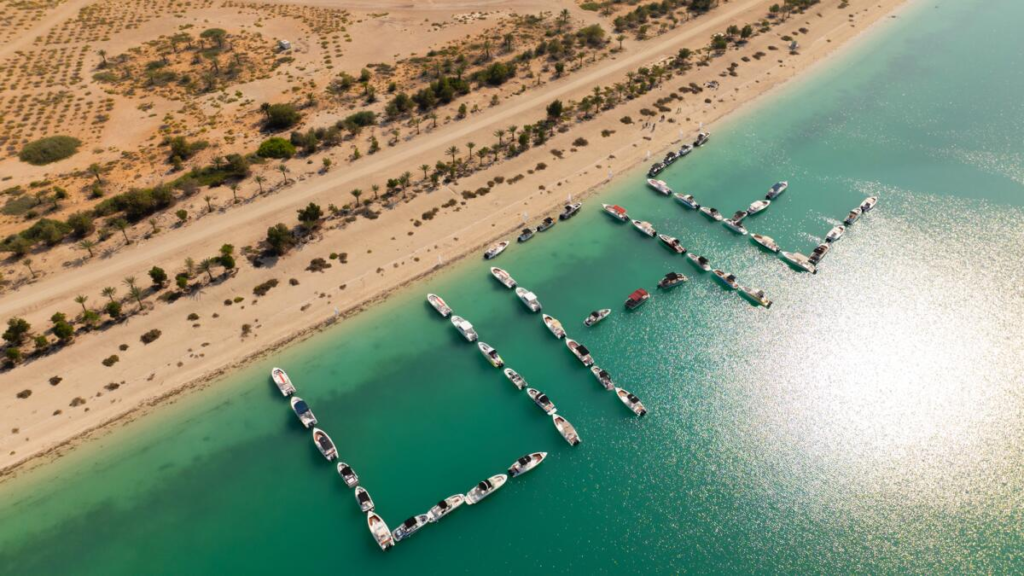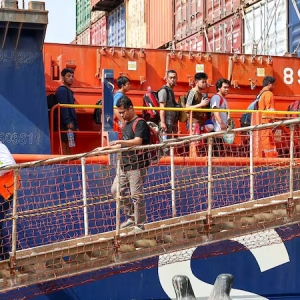The UAE has secured its position as the world’s most “strong and stable economy,” according to the latest global soft power rankings released by Brand Finance. This significant achievement underscores the nation’s growing influence on the global stage and its ability to shape international perceptions through non-coercive means.
Saudi Arabia has also witnessed a notable increase in positive perceptions, driven by substantial investments in sectors such as football and tourism. However, Israel experienced a decline in its soft power ranking, reflecting challenges in brand perception and global influence.
Gulf nations, including the UAE, have emerged as the biggest climbers in the soft power rankings since the index’s inception in 2020. The UAE maintained its 10th position for the second consecutive year, outperforming other Middle Eastern countries and demonstrating consistent progress in enhancing its global reputation.

The UAE’s perfect score for a “strong and stable economy” reaffirms its status as a leading destination for investment, employment, education, tourism, and commerce. Brand Finance’s chief executive, David Haigh, emphasized the critical role of economic strength in shaping a nation’s reputation and influence on the world stage.
Key factors contributing to the UAE’s strong soft power include its hosting of significant international events, such as the Cop28 climate summit in Dubai. These events have not only showcased the nation’s commitment to global cooperation but also placed it under the global spotlight, further enhancing its reputation and influence.
Saudi Arabia’s rise in the soft power rankings can be attributed to strategic investments in tourism and football, exemplified by high-profile initiatives like Cristiano Ronaldo’s joining Al Nassr football club. Similarly, Qatar and Turkey have leveraged their soft power to mediate in regional conflicts and foster diplomatic relations.
The Gulf region’s increasing soft power reflects concerted efforts to enhance nation branding projects, diplomatic initiatives, and the hosting of major events. This proactive approach has resulted in higher scores across categories such as influence, reputation, international relations, and business and trade.
Amidst global conflicts and geopolitical tensions, a robust economy has become increasingly valuable in shaping a country’s brand perception. The UAE’s exceptional economic stability positions it as a global leader in soft power, alongside major economies like the US, China, and Japan.
However, nations heavily reliant on hard military power have experienced declines in their soft power rankings. Russia and Israel, engaged in military campaigns, witnessed drops in their global influence, highlighting the importance of strategic nation branding and diplomatic engagement.
The rankings underscore the significance of a balanced approach to soft power, where economic strength, cultural influence, and diplomatic outreach play pivotal roles in shaping a nation’s global standing. As the UAE continues to prioritize economic diversification and international cooperation, its soft power is poised to strengthen further, cementing its position as a key player in global affairs.













